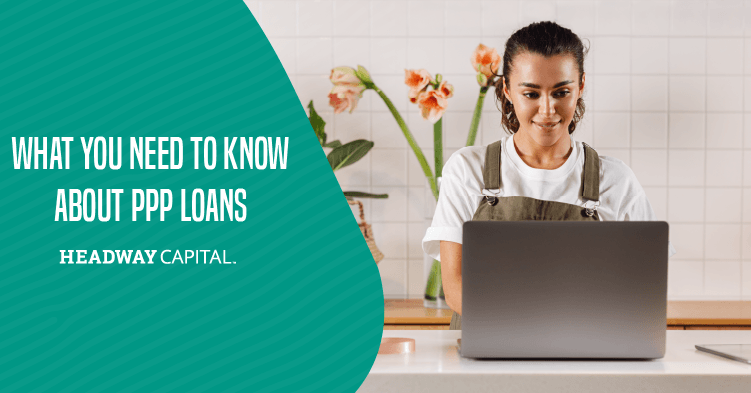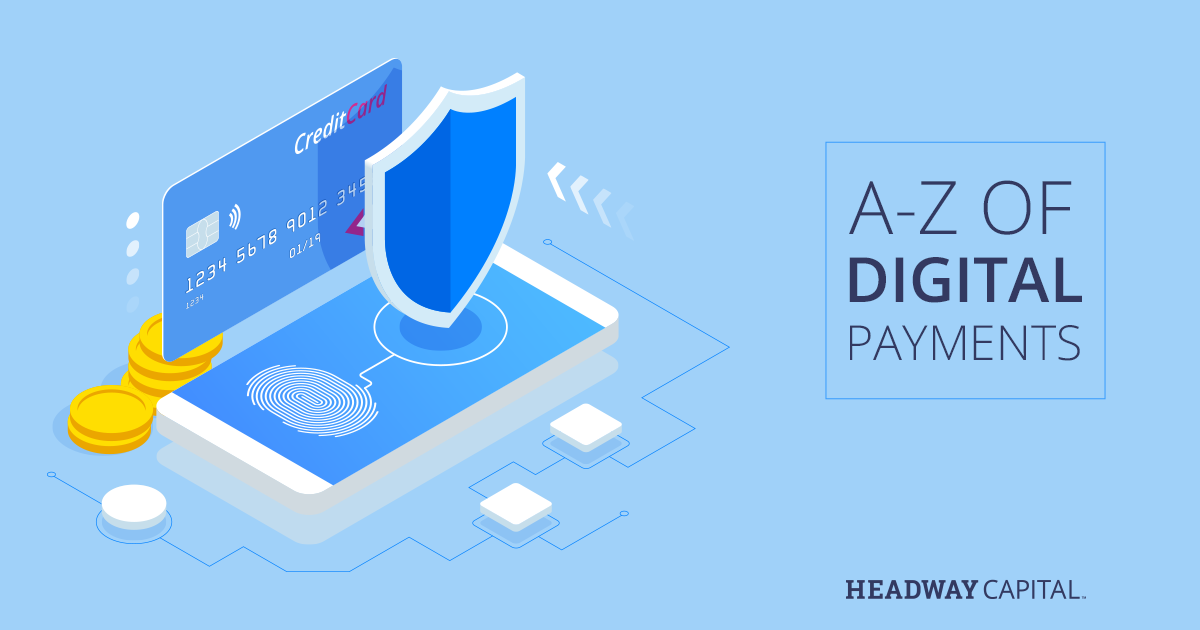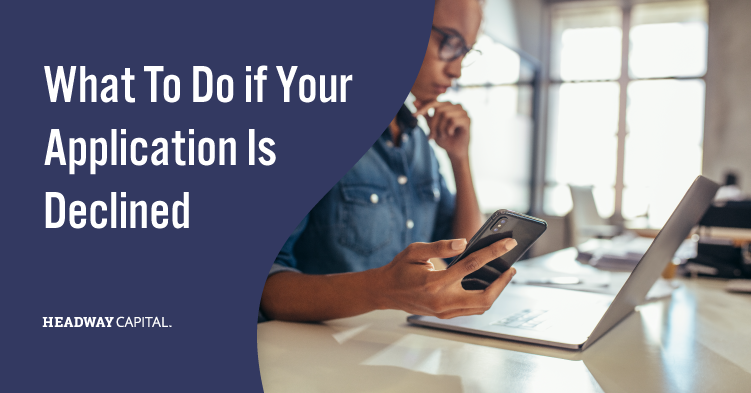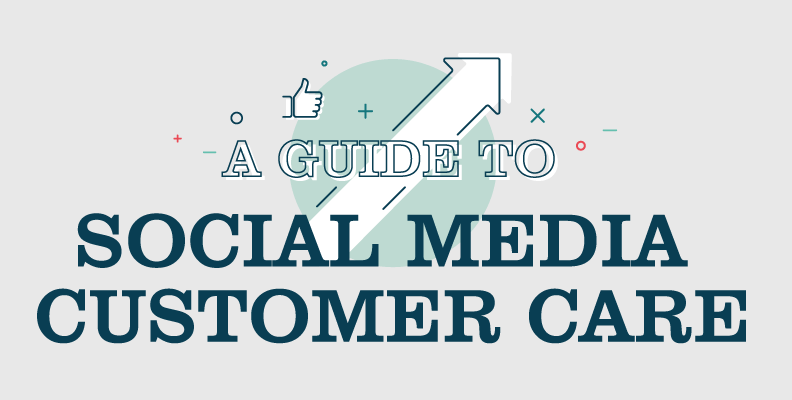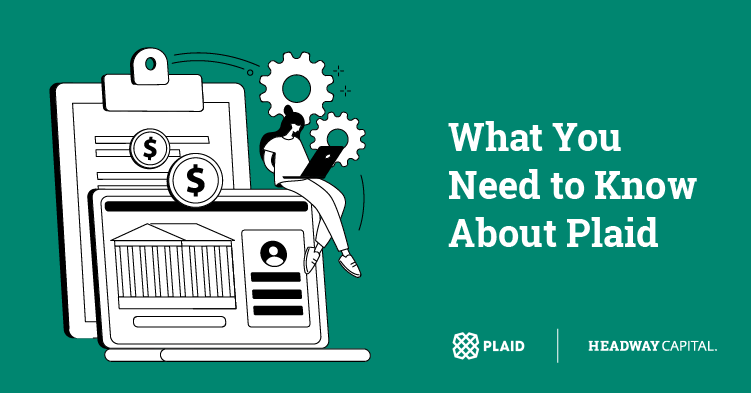What Small Businesses Need to Know About the Newest PPP Loans
The first round of the Payment Protection Program (PPP), executed as part of the CARES Act in March 2020, set aside $349 billion to help small businesses impacted by the coronavirus. On January 11, 2021, the U.S. Treasury Department and the Small Business Administration (SBA) restarted the PPP program as part of the Consolidated Appropriations Act with $284 billion more for First Draw PPP Loans. On January 13, 2021, Second Draw PPP Loans resumed.
What Is the PPP?
PPP loans are designed to help small businesses suffering from economic fallout related to COVID-19. Loan funds are intended for express purposes such as payroll costs, employee benefits, interest on mortgages, rent payments, utility payments, worker protection costs related to COVID-19, uninsured property damage costs caused by looting or vandalism during 2020, and certain supplier costs and operational expenses.
Original PPP loans carried a 2-year term, but loans issued after June 5, 2020 carry 5-year terms. All PPP loans, regardless of details like the lender or borrower’s location, have a 1% interest rate. PPP loans are 100% backed by the government, but funded through SBA-approved lenders, including banks, credit unions and online lenders.
First Draw PPP Loan Details and Qualifications
Eligible first-time PPP borrowers and those who did not qualify for PPP loan forgiveness may apply for a First Draw PPP Loan of up to $10 million, though the maximum loan principal depends on a business’s average payroll expenses from 2019 or 2020.
Small businesses must meet the following criteria for a First Draw PPP Loan:
- Businesses (including independent contractors, sole proprietors, self-employed individuals, nonprofits, tribal and veteran organizations) with 500 or fewer employees
- Entities that meet the SBA industry-based size guidelines for small businesses
Second Draw PPP Loan Details and Qualifications
Most small businesses interested in a Second Draw PPP Loan may borrow up to 2.5x the average 2019 or 2020 monthly payroll costs, up to $2 million. Borrowers in the Accommodation and Food Services may borrow up to 3.5x the average monthly payroll costs for the same time period, up to $2 million.
Small businesses must meet the following loan qualifications for a Second Draw PPP Loan:
- Previously received a PPP First Draw Loan, and will or has used the full principal amount for approved expenses
- Must be able to show proof of 25% or more gross revenue loss from 2019 to 2020
- Has 300 or fewer employees
What Are the Terms for PPP Loan Forgiveness?
First and Second Draw PPP borrowers interested in loan forgiveness must apply for forgiveness with each new loan and/or respective lender. Businesses that meet the following criteria in the 8- to24-week period following loan disbursement are eligible for full PPP loan forgiveness:
- Loan funds are spent on eligible expenses
- A minimum of 60% of the funds are spent on payroll expenses
- Compensation and employee levels are maintained
When Will I Have to Repay the PPP Loan?
A borrower’s PPP loan repayment responsibility depends on a few factors, including:
- For borrowers who apply for forgiveness within 10 months after the end of the covered period (8- to 24-week period after you received your funds), PPP Loan payments are deferred until you have applied and received a forgiveness decision from the SBA, but interest will continue to accrue during this time.
- For borrowers who apply for forgiveness after that 10-month mark but before the maturity date of their PPP loan (the maturity date is the date on which the final payment of the loan is due), then PPP loan payments are no longer deferred, and you will have to begin making loan payments to your PPP lender. Once you receive a forgiveness decision from the SBA, depending on the approved forgiveness amount, your PPP lender may have to reimburse the payments you’ve already made.
- For borrowers who do not apply for forgiveness, payments are deferred for 10 months after the end of your covered period.
Where Can I Apply for a PPP Loan?
PPP loans are available from SBA-approved lenders, like banks, credit unions, online lenders and other financial institutions.
The information in this article is provided for education and informational purposes only, without express or implied warranty of any kind, including warranties of accuracy, completeness or fitness for any particular purpose. The information in this article is not intended to be and does not constitute financial, legal or any other advice. The information in this article is general in nature and is not specific to you the user or anyone else.
